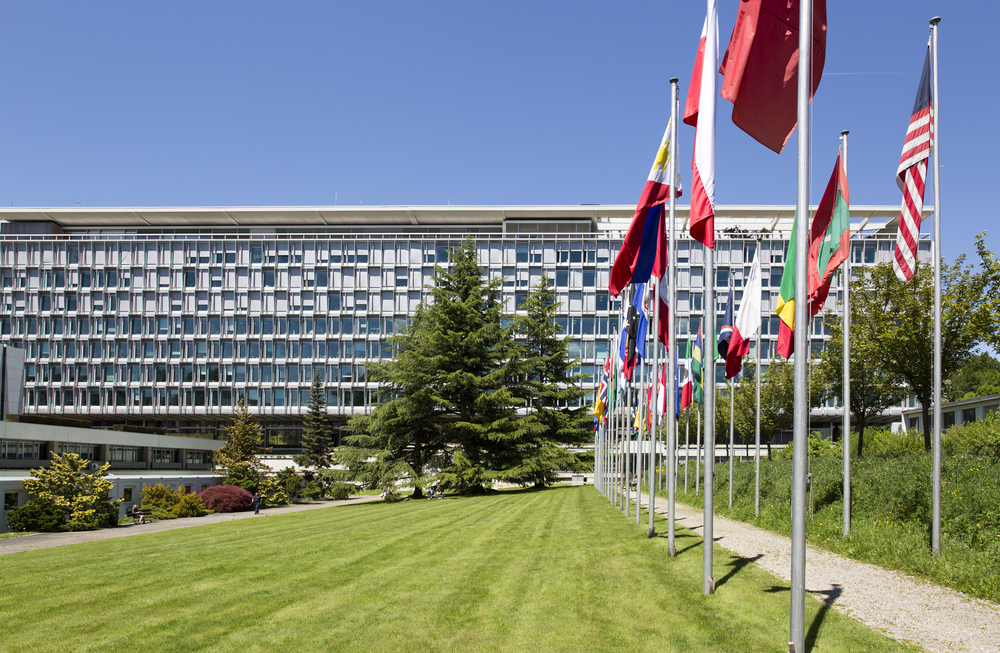
In separate statements released this week, both the Bipartisan Commission on Biodefense and the nonpartisan, nonprofit Nuclear Threat Initiative (NTI) expressed concern with the Trump administration’s decision to withdraw from the World Health Organization (WHO).
“Terminating the U.S. relationship with the World Health Organization (WHO) will significantly impair the international response to the COVID-19 pandemic, threaten American and global health, and undermine international security,” said NTI CEO and Co-Chair Ernest Moniz and Beth Cameron, vice president for NTI’s global biological policy and programs. “The WHO leads the coordinated international response to COVID 19, which is required to save lives. In our interconnected world, the pandemic won’t be defeated in the United States until it’s defeated everywhere. The WHO is vital to that global fight.”
Now was not the time to walk away from the organization, Moniz and Cameron said, but to step up and take a leadership role that would strengthen it. Doing so could help reduce biological risks, detect threats early and respond rapidly and effectively, and recognize that U.S. interests are dependent on the health security of other nations. To back out now, in their estimation, would represent a dangerous course, and they urged reconsideration.
“Leaving the WHO will make the United States less secure and our entire world less prepared and less able to respond to COVID-19 and future catastrophic biological events that threaten lives, international security, and the global economy,” Moniz and Cameron said.
Former U.S. Sen. Joe Lieberman, and former Secretary of Homeland Security Tom Ridge, co-chairs of the Bipartisan Commission on Biodefense, acknowledged that the WHO has its problems but leaving it would ultimately do more harm than good.
“While WHO certainly has its shortcomings, a loss in membership would mean a loss in access to critical data — information about what is going on elsewhere around the globe,” Lieberman and Ridge said. “In the era of globalized disease events like COVID-19, that information is vital to our public health experts and decision-makers as they decide how to move forward. Like it or not, we are members of the global community, and we need their information and support, as much they need ours.”




